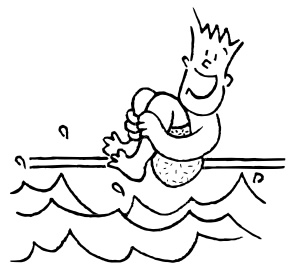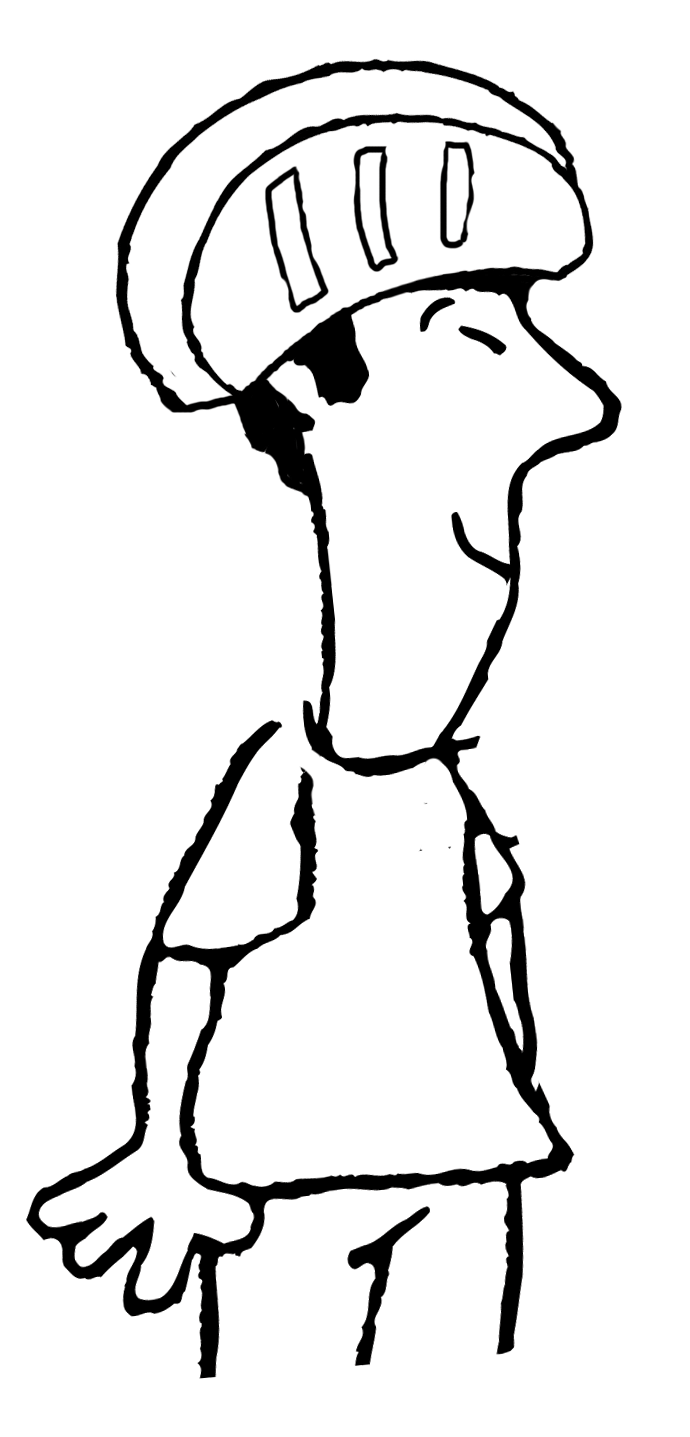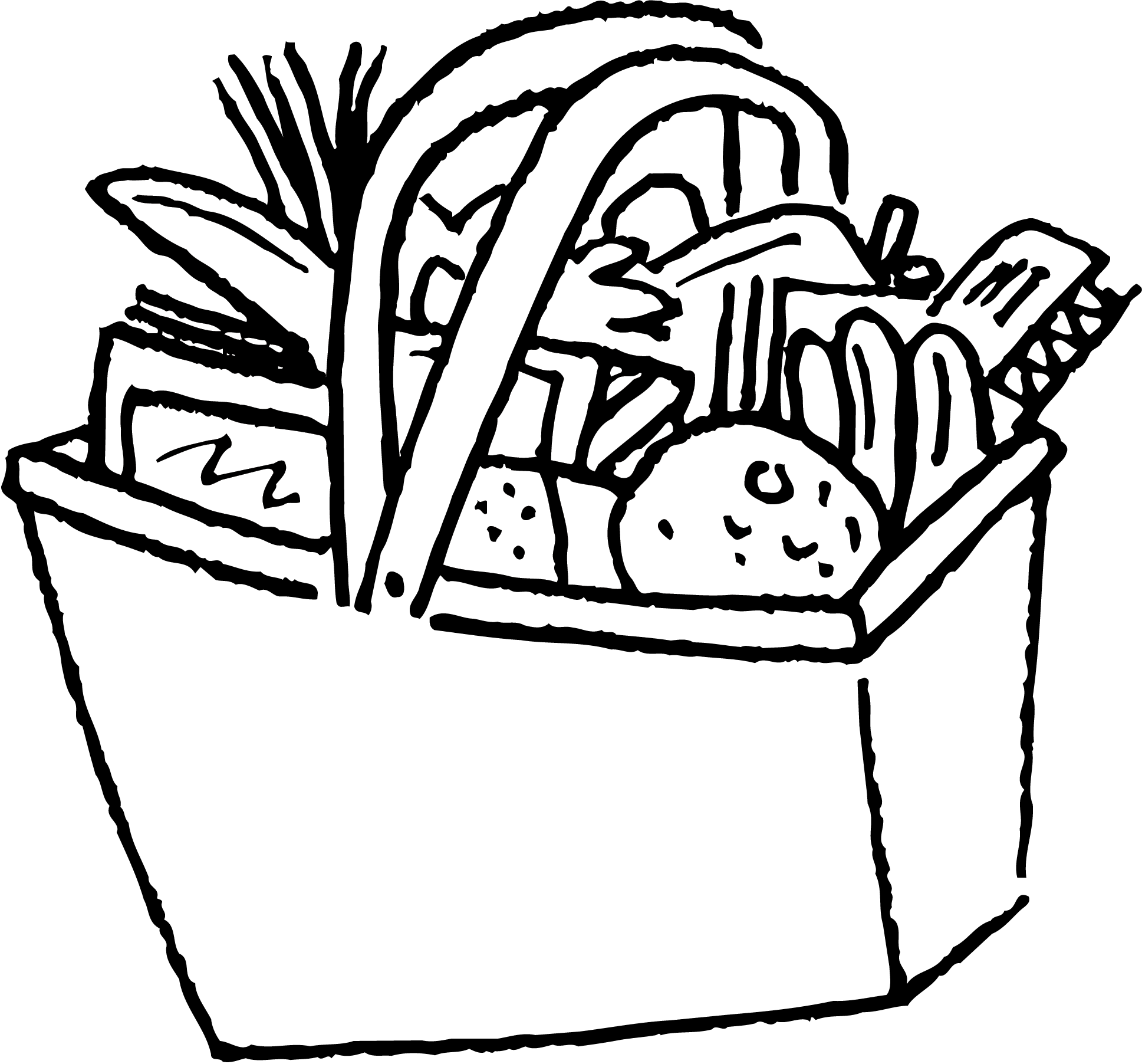New research on the mind-body connection
Are you your own worst critic? Do you treat friends and family better than you treat yourself? If you answered “yes” to these questions, you’re not alone. In fact, many of us find it easy to be supportive of others, but we are hard on ourselves for not measuring up in some way.
However, new scientific research is broadening the concept of how important the mind-body connection is to our health. Researchers at Wake Forest University and other institutions are looking at the psychological area of “self-compassion.” The research suggests that actually giving ourselves a break and accepting our imperfections may be the first step to better health. People who score high on tests of self-compassion have less stress and anxiety, and tend to be more optimistic. Data suggests that self-compassion can even influence how much we eat and may help some people lose weight, or stick to an exercise plan over time.
But “cutting ourselves slack” is often thought of as being undisciplined or self-indulgent, right? Researchers counter this much-held thought by saying that a cycle of self-criticism or negativity actually leaves us feeling less motivated to change.
“We don’t understand exactly how optimistic thinking translates to better health, but we see examples of it every day,” says Trang Pham, M.D. of MPCP Pasadena. “We know that thoughts and mood affect brain chemistry and immune function, so this is part of the answer. We also know that people who have a sense of control or optimism recover faster or deal better with disease or injury.”
Doctors aren’t saying to give up the daily practices that go with a healthy lifestyle- eating right, exercise, taking medications if needed – but to try to include positive thinking or self-compassion as much as possible. “Changing habits is hard, and this goes for our thought patterns as well,” says Dr. Pham. “But, as primary care doctors we know that making small changes can have a huge impact on health.”
Try some of the following tips to help influence positive thinking:
- Monitor negative self-talk. If the thoughts that run through your head during the day are mostly negative, try to switch that around. For example, instead of thinking “I’ve never done this before,” try, “Here’s a chance to learn something new.”
- Identify small changes. To become more optimistic, identify parts of your life that you typically think negatively about- work, your daily commute, relationships, parenting- and pick one area to approach in a more positive way. Either come up with a better idea to control/improve the situation, or realize that you may just need to change your attitude about it.
- Surround yourself with positive people. Research shows that our relationships play a key role in our outlook and health, so keep ties with those who are supportive and add some fun to your life.
- Act positive. Many experts ascribe to the “fake it til you make it” concept of becoming more optimistic. If you actually act happy, or force yourself to smile more often or try to find the humor in a situation, it becomes more natural over time.
With actual practice you can change your self-compassion. You may even improve the lives of those around you in the process!

Dr. Trang Pham, an MPCP partner who practices in our Pasadena office, is certified by the American Board of Family Medicine. She received her medical degree from Jefferson Medical College and completed a residency program in Family Practice at University of Maryland Medical Center.




 No matter what time of the year, more and more people are cooking outdoors. But outdoor barbeques and picnics during the summer pose a few extra challenges. Protect yourself and your friends and family in these ways:
No matter what time of the year, more and more people are cooking outdoors. But outdoor barbeques and picnics during the summer pose a few extra challenges. Protect yourself and your friends and family in these ways:



